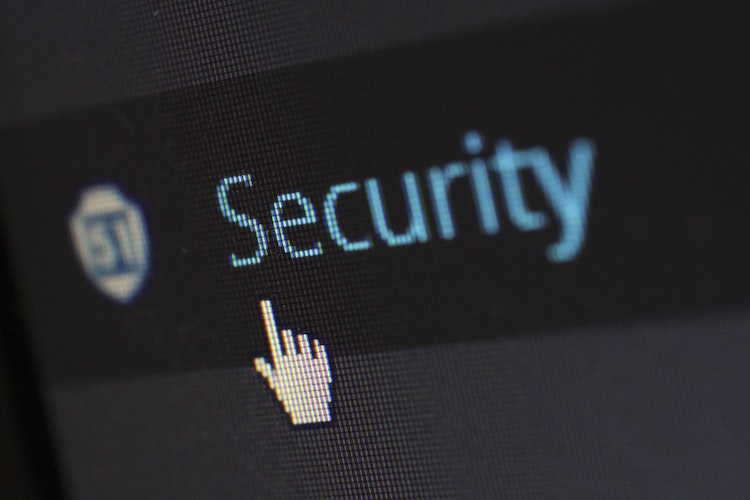
Safeguarding Success: An Introduction to Corporate Security
In the fast-paced and ever-evolving world of business, ensuring the safety and security of an organization is paramount to its success. Corporate security services play a pivotal role in safeguarding valuable assets, sensitive data, and the well-being of employees. From physical security measures to cybersecurity strategies, this blog post will provide an informative overview of the basics of corporate security. Let’s delve into the essential components that help protect businesses from potential threats, both internal and external.
Understanding Corporate Security Services Corporate security services encompass a range of comprehensive solutions designed to protect organizations from various risks and hazards. These services include business security solutions, corporate risk management, workplace safety measures, security assessment, and consulting. By integrating these elements, companies can create a robust security framework tailored to their unique needs and challenges.
Business security solutions involve a combination of physical and technological measures to safeguard company assets. From access control systems to security protocols, these solutions ensure that only authorized personnel can access restricted areas. Corporate risk management is an ongoing process of identifying, assessing, and mitigating potential risks that could impact business operations. By proactively addressing risks, companies can protect their reputation and financial stability.
Building a Secure Work Environment
One of the key aspects of corporate security is establishing a safe and secure work environment for employees. Employee safety training is an integral part of this effort, providing staff with the knowledge and skills to respond effectively to emergencies and potential threats. From fire safety drills to active shooter preparedness, these training programs empower employees to play an active role in maintaining a secure workplace.
Cybersecurity for businesses is another critical component, especially in the digital age. With data breaches and cyber-attacks on the rise, companies must adopt robust cybersecurity measures to protect sensitive information and customer data. Regular security assessments and consulting help businesses identify vulnerabilities in their IT systems and implement effective security measures.
Proactive Threat Detection and Prevention
A proactive approach to security involves threat detection and prevention strategies. Corporate security protocols are designed to detect potential threats early on and prevent them from escalating into major incidents. By employing advanced security monitoring and surveillance systems, companies can monitor their premises and respond swiftly to any suspicious activities.
Threat detection and prevention also extend to executive protection for corporations. High-profile executives are often at higher risk of targeted attacks, and providing them with executive protection services ensures their safety and continuity of business operations. These services typically involve skilled security personnel who are trained to handle various security scenarios.
Fostering Security Awareness and Crisis Management
An organization’s security is only as strong as its weakest link, and that includes the human element. Security awareness programs are essential to educate employees about potential risks and best practices to protect themselves and the company. By fostering a security-conscious culture, employees become the first line of defense against security threats.
Corporate crisis management is an integral part of the security planning process. It involves creating well-defined protocols to respond to emergencies effectively. Whether it’s a natural disaster, data breach, or a physical security incident, having a crisis management plan in place can minimize the impact on the organization and its stakeholders.
Embracing Technology and Continuous Improvement
The world of corporate security is constantly evolving, and businesses must adapt to emerging threats and technologies. Intrusion detection systems, security guards, and personnel, and security risk assessments are among the tools companies can leverage to stay ahead of potential risks.
Moreover, corporate data protection and employee background checks play crucial roles in ensuring the integrity of the organization. Business continuity planning is another crucial aspect, helping companies maintain essential operations during challenging times.
Corporate security is an ongoing journey, requiring a combination of physical, technological, and human-centric measures. By embracing proactive strategies and continuous improvement, organizations can create a robust security framework that safeguards their success. Prioritizing the safety of employees, assets, and data is not only a wise investment but a necessary step in navigating the dynamic landscape of modern business.



